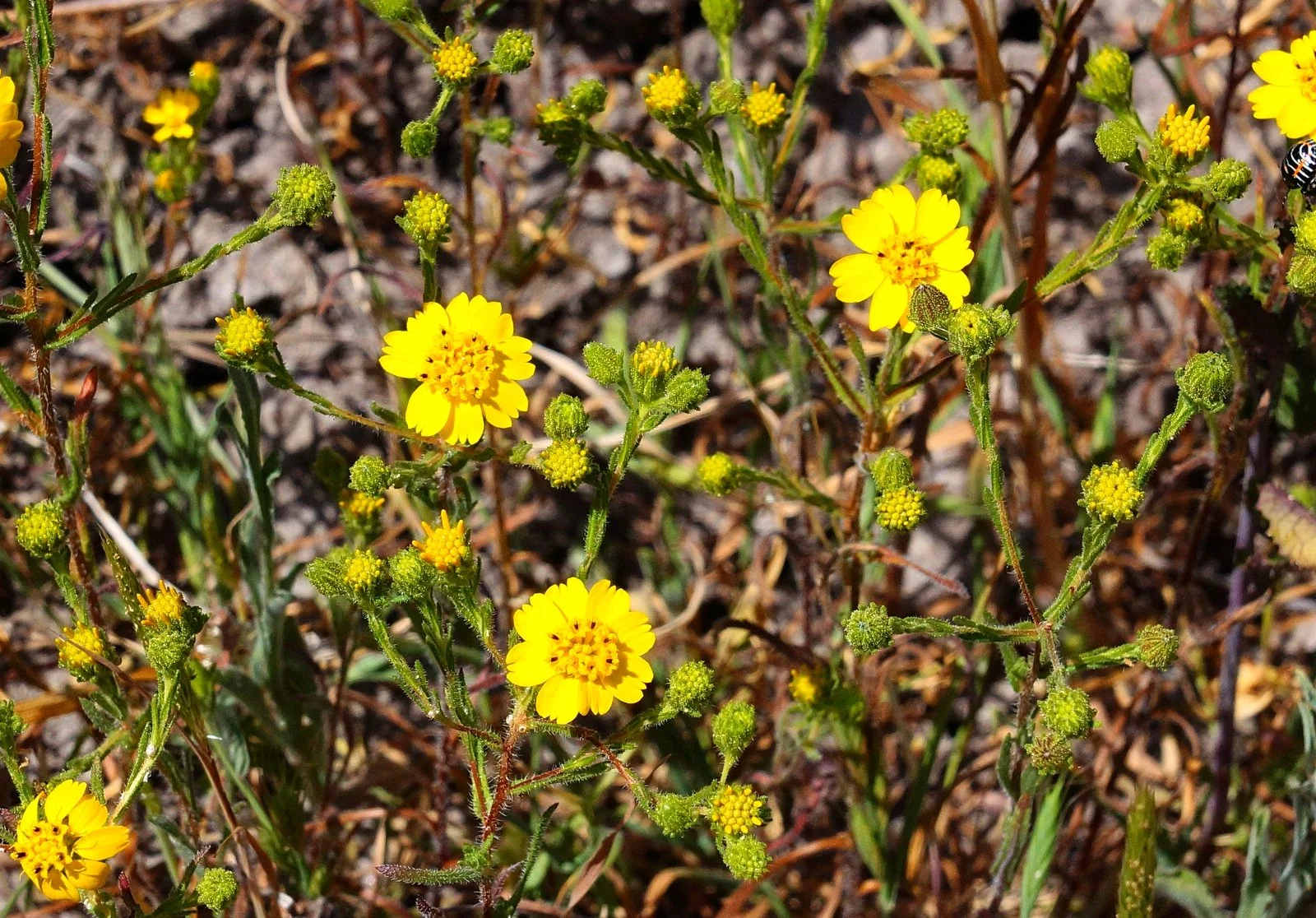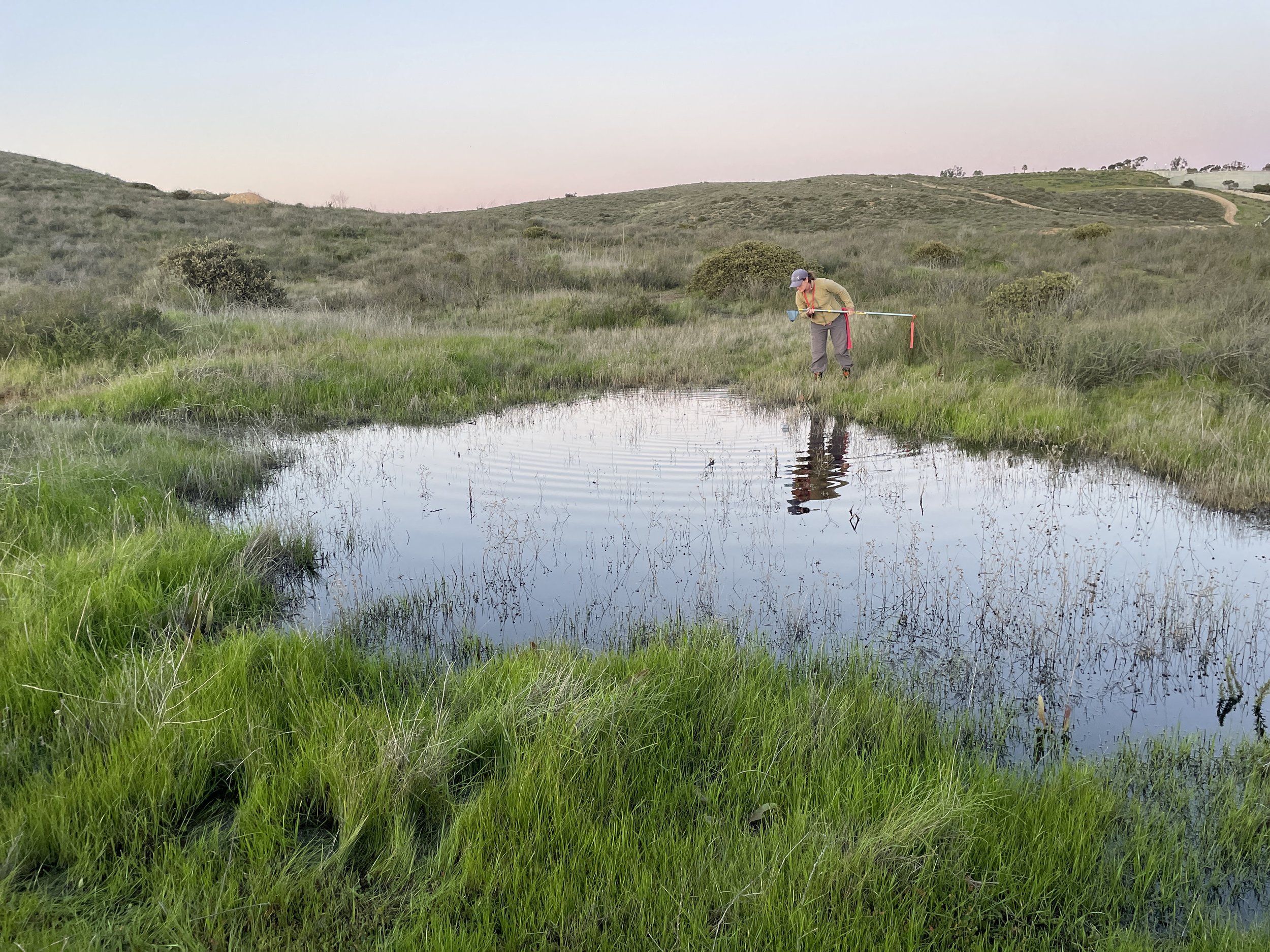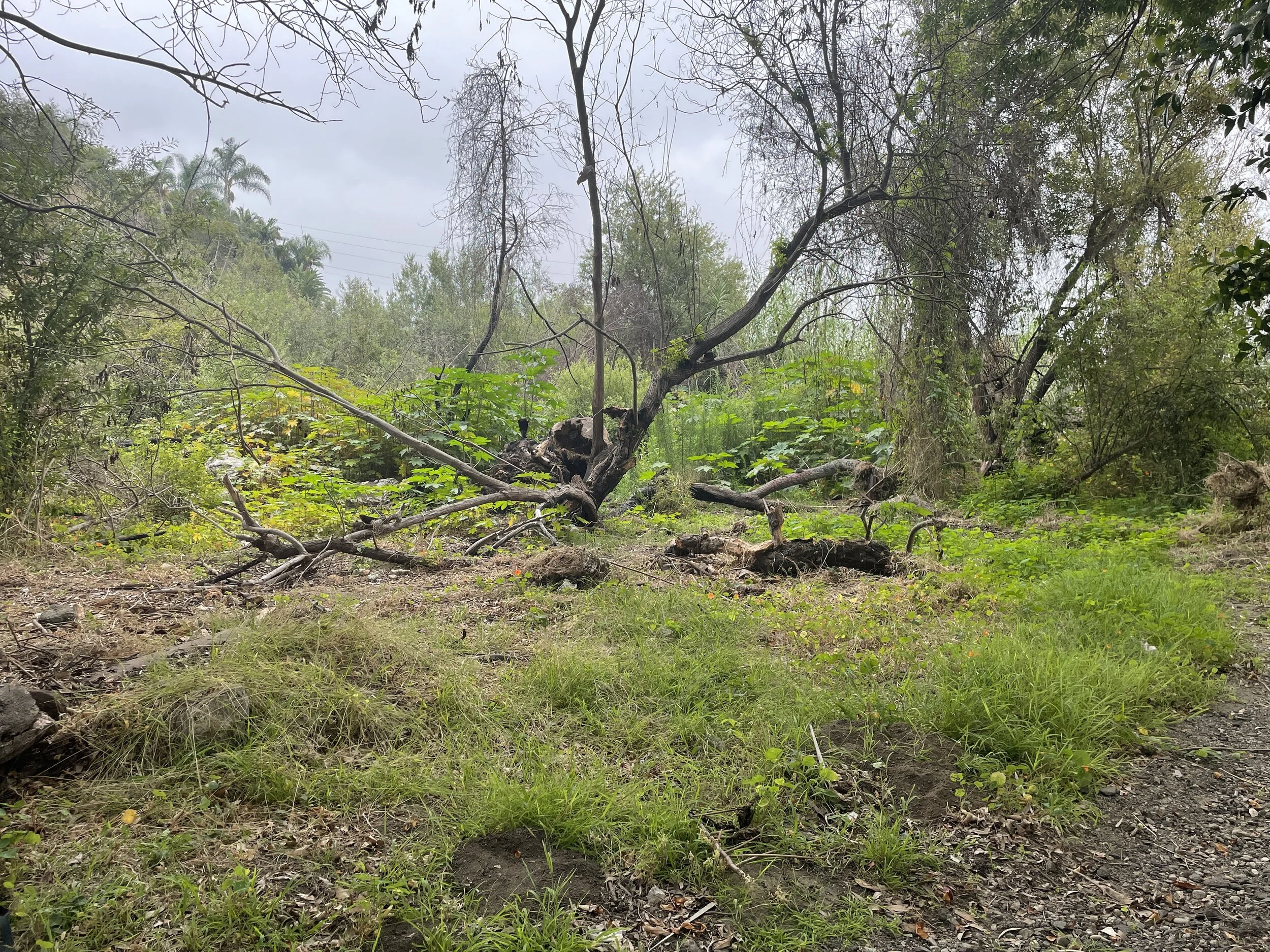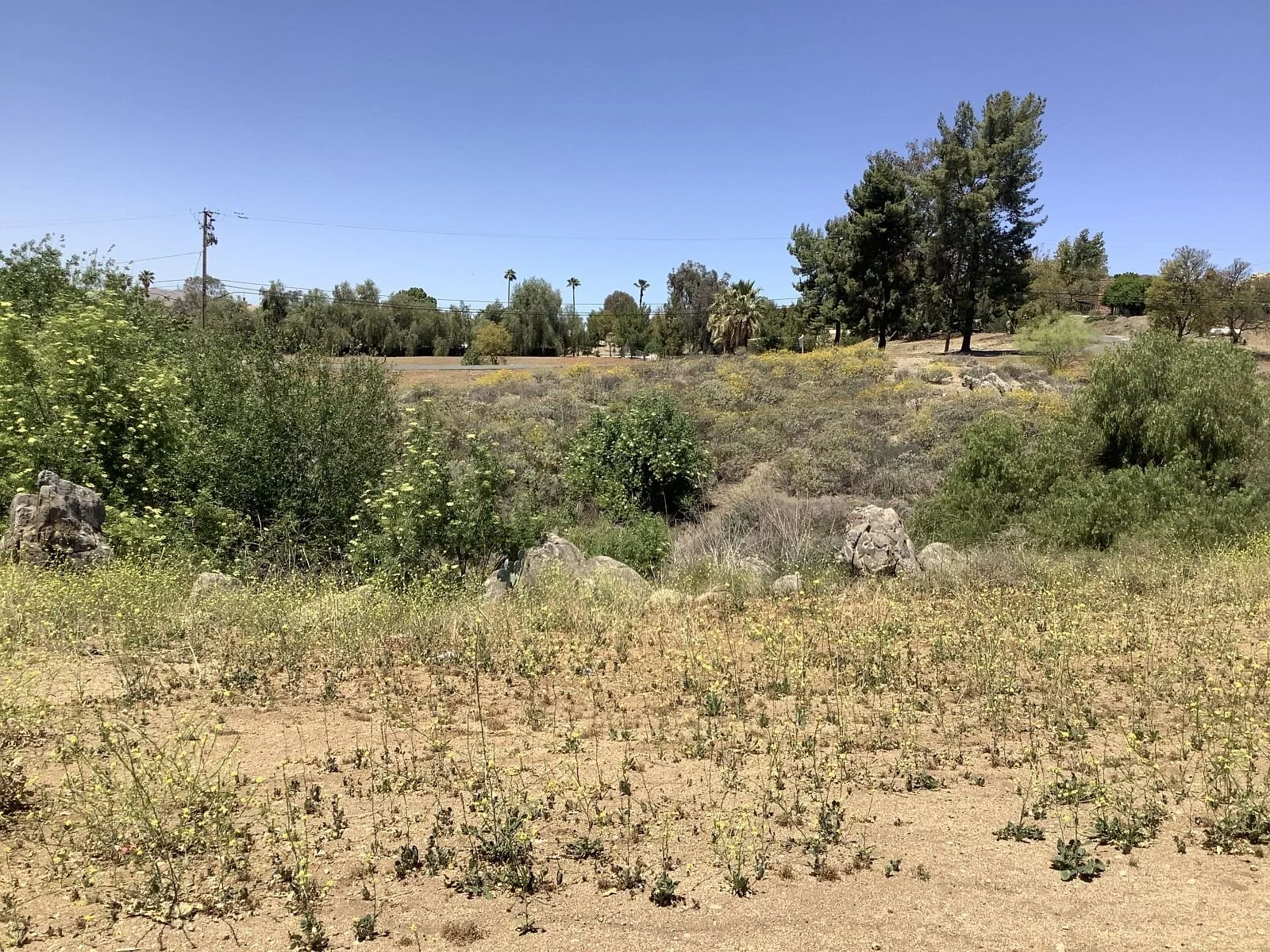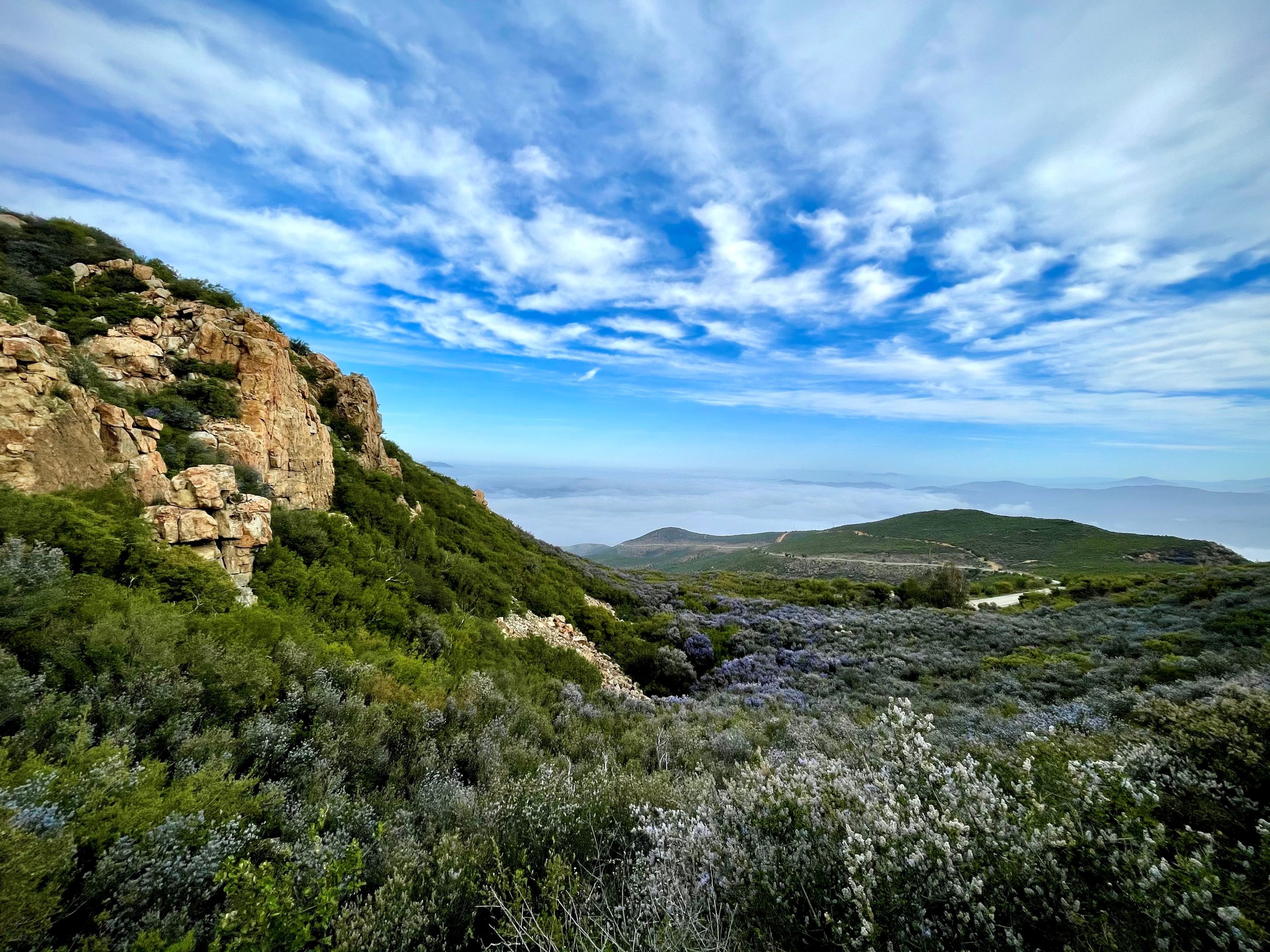
Biological Resources
RECON provides a full range of biological services for a wide range of public and private projects, from re-development or infill projects to large-scale infrastructure and development projects. We see our role as a team partner to efficiently guide clients through the environmental process and navigate regulatory requirements related to biological resources. We have extensive knowledge of local biological resources and the regulations surrounding them. Our credentials include permits, authorizations, and training for special-status species in southern California, including jurisdictional wetlands, Quino checkerspot butterfly, coastal California gnatcatcher, least Bell’s vireo, fairy shrimp, arroyo toad, western burrowing owl, and various listed plant species.
Our technical expertise of biological resources, paired with our solid understanding of applicable local, state, and federal regulations, ensures that regulatory requirements and mitigation solutions are identified during the initial phases of project planning. Our team is experienced in developing biological technical reports that meet the regulatory requirements for various jurisdictions throughout southern California. With our reputation for great service and positive relationships with regulatory agencies, including the U.S. Fish and Wildlife Service, U.S. Army Corps of Engineers, California Department of Fish and Wildlife, and local jurisdictions, we have a track record of success securing agency permits and approvals for projects with complex biological and wetland resources.
Services
Inventories, Mapping,
and Documentation
Biological Resource Surveys and Technical Reports
Biological Constraints Analyses
Threatened and Endangered Species Surveys
Vegetation Community Mapping
Habitat Assessments
Biological, Construction, and Compliance Monitoring
Aquatic Resource Delineations
Resource Agency Permitting
Section 7 Consultations
Section 10(a) Permits
Section 404/401 Permits/Certifications
Section 1601/1503 Permits
Section 1602 Streambed Alteration Agreements
Section 2081 Permits
Resource Agency Coordination and Consultation
Public Meetings and Hearings
Credentials
Qualified Consultants List for Multiple Agencies
USFWS 10(a)(1)(A) Permit
CDFW Scientific Collecting Permit
California Rapid Assessment Method (CRAM) Certified
ISA Certified Arborist
OSHA 10-Hour and 40-Hour Construction Safety
First-aid/CPR/AED
Featured Projects
